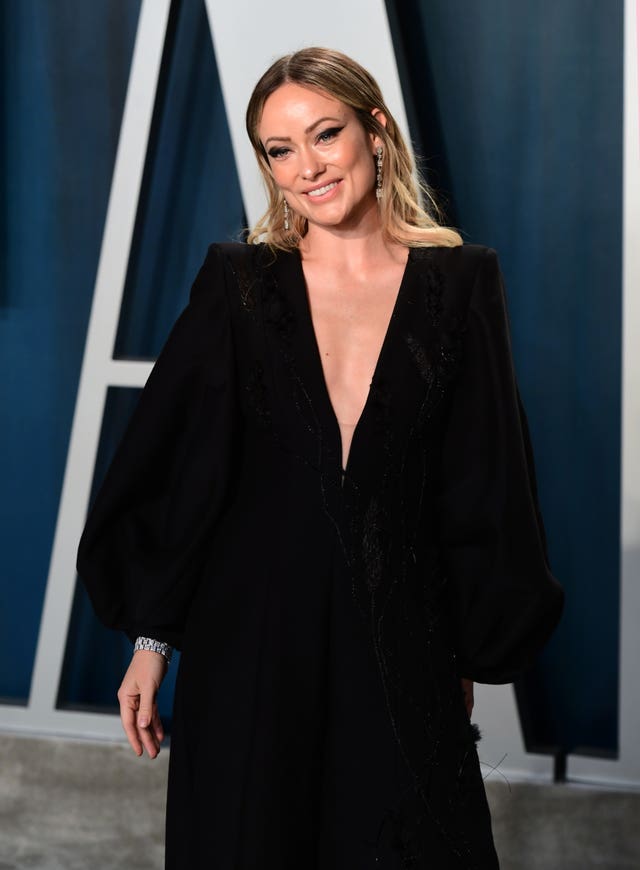Lena Dunham on treatment of director and actress Olivia Wilde
The making of Don’t Worry Darling became a source of global intrigue.

Lena Dunham said she is “upset” by the treatment of Don’t Worry Darling director Olivia Wilde, which she believes can be “more intense” for women in the public eye.
The making of Don’t Worry Darling became a source of global intrigue following Shia LaBeouf’s departure from the film and Florence Pugh’s perceived lack of public support for the project on her social media accounts.
Wilde herself became a tabloid fixture after she confirmed her off-screen relationship with Harry Styles, who replaced LaBeouf in the psychological thriller, before she was served with custody papers by her ex-partner Jason Sudeikis during a presentation about her film on stage at CinemaCon.
Director, writer and actress Dunham, 36, who created and starred in the award-winning TV series Girls, spoke about the difficulties of navigating Hollywood as a female director.
Speaking on Reign with Josh Smith, she said: “I think anyone who does not represent the kind of cis white male majority in Hollywood is held to a different standard.
“I think people are made to feel like, ‘If you mess this up, then it’s gonna be your last opportunity,’ or, ‘Whatever you’re doing, you have to represent everybody else who looks like you or shares your same gender identity.’
“I think that of course we have all done things that we wish we could had done differently and that constructive criticism is really healthy but I think the thing that has upset me in what I’ve witnessed around the Olivia Wilde stuff is just the glee that people have.
“That kind of ‘gotcha’ glee that people have, and I do think that it can be more intense when it comes to women in the public eye, but I also think it can be more intense when it comes to queer people and people of colour and that the best thing that we can all do is band together in noticing it and supporting each other.”

Dunham, who played aspiring writer Hannah Horvath in Girls, said it is “upsetting” to see the thin line between obsessive fandom shift to something “much darker”.
“In that way I feel lucky that while people know about my work, I’ve never been on a scale where I would receive that kind of mass pandemonium of attention because I think it’s very antithetical to creativity,” she said.
“I don’t know that I could continue to have the fluid creative life that I have. I deeply admire and there’s some amazingly creative people who do deal with it, but I don’t think I have the constitution.”
Dunham celebrated the 10-year anniversary of her hit drama Girls this year, which followed the life of Hannah and her three friends as they navigate their 20s in New York City.

During its run it received multiple awards including the international prize at Bafta TV Awards, two Golden Globes for best television series and best actress in a comedy or musical for Dunham.
She said that taking a break after Girls was not a choice but was a necessity for her wellbeing.
Dunham added: “Creative people who are having to push themselves to constantly achieve and constantly make, you’re always kind of dangling on this pendulum that’s swinging between knowing that you need to take care of yourself and need to be protective of yourself, and then also feeling like you can’t get off the treadmill or everything will just stop.
“So after Girls, I think at first it wasn’t a choice, it was like my body and my mind were just exhausted. I realised that if I wanted to make anything, I was gonna need to take a little bit of time.”





